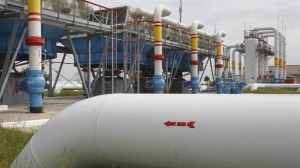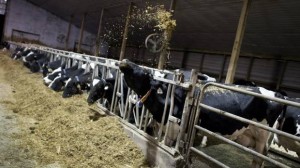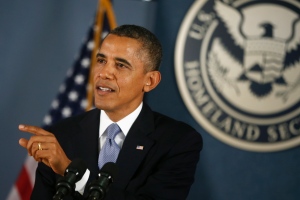There is a lot of reluctance about giving governments the power to pick winners as they dispense research cash to businesses.
The worry is that choices are inevitably guided by politics, rather than merit. Critics also point out that governments have a poor track record of identifying good business opportunities. The result is that too often money is wasted.
The chief scientist’s $450-million (U.S.) budget spawns $1-billion worth of R&D investment every year, a key piece of the model that has made Israel the runaway leader in civilian R&D spending with the Organization for Economic Co-operation and Development club of wealthy countries. Tiny Israel’s success at harnessing and commercializing innovation is well documented, detailed in the bestseller Start-up Nation, the Story of Israel’s Economic Miracle by Dan Senor and Saul Singer.
Education seems more important in rich families. not many people graduate and go to university. Going to university can help people to have millions money as salary compare to other none-graduate student. Therefore, the tuition fee is prepaid.










